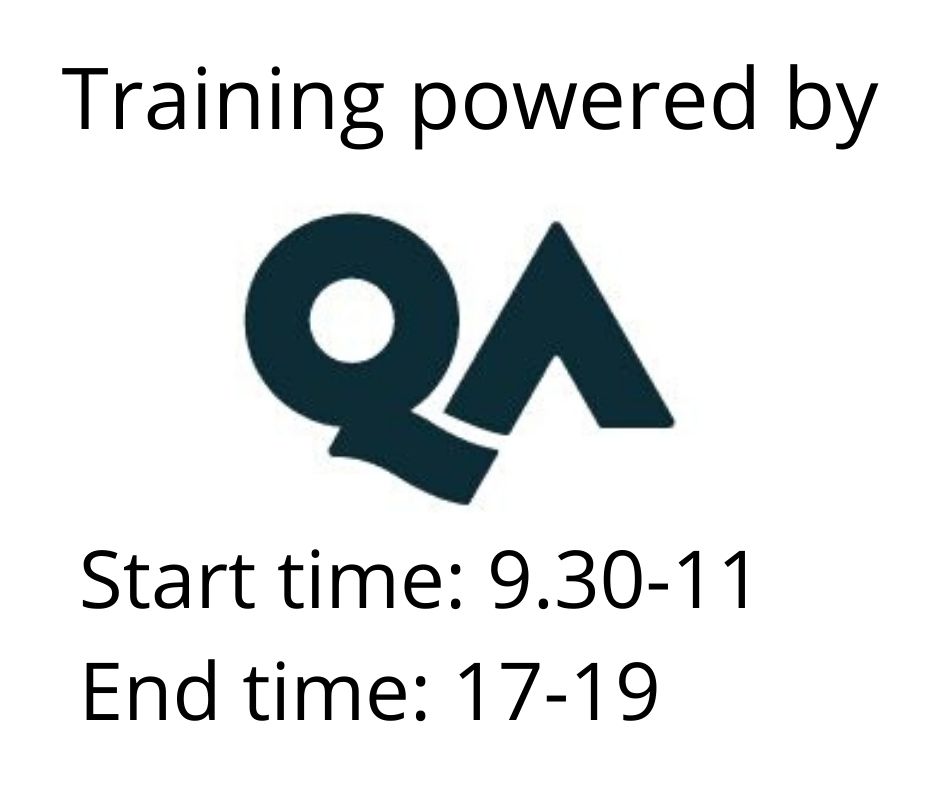Amazon SageMaker Studio for Data Scientists
Utbildningsformer
Remote
Längd
3 dagar
Pris
38500 kr
Explore Amazon SageMaker Studio helps data scientists prepare, build, train, deploy, and monitor machine learning (ML) models. Amazon SageMaker Studio helps data scientists prepare, build, train, deploy, and monitor machine learning (ML) models quickly. It does this by bringing together a broad set of capabilities purpose-built for ML. This course prepares experienced data scientists to use the tools that are a part of SageMaker Studio, including Amazon CodeWhisperer and Amazon CodeGuru Security scan extensions, to improve productivity at every step of the ML lifecycle.
- Course level: Advanced
- Duration: 3 days
- Activities
Accelerate the process to prepare, build, train, deploy, and monitor ML solutions using Amazon SageMaker Studio
- Experience using ML frameworks
- Python programming experience
- At least 1 year of experience as a data scientist responsible for training, tuning, and deploying models
- AWS Technical Essentials
Day 1 Module 1: Amazon SageMaker Studio Setup
- JupyterLab Extensions in SageMaker Studio
- Demonstration: SageMaker user interface demo
- Using SageMaker Data Wrangler for data processing
- Hands-On Lab: Analyze and prepare data using Amazon SageMaker Data Wrangler
- Using Amazon EMR
- Using AWS Glue interactive sessions
- Using SageMaker Processing with custom scripts
- SageMaker training jobs
- Built-in algorithms
- Bring your own script
- Bring your own container
- SageMaker Experiments
- SageMaker Debugger
- Hands-On Lab: Analyzing, Detecting, and Setting Alerts Using SageMaker Debugger
- Automatic model tuning
- SageMaker Autopilot: Automated ML
- Demonstration: SageMaker Autopilot
- Bias detection
- SageMaker Jumpstart
- SageMaker Model Registry
- SageMaker Pipelines
- SageMaker model inference options
- Scaling
- Testing strategies, performance, and optimization
- Amazon SageMaker Model Monitor
- Discussion: Case study
- Demonstration: Model Monitoring
- Accrued cost and shutting down
- Updates
- Capstone
- Challenge 1: Analyze and prepare the dataset with SageMaker Data Wrangler
- Challenge 2: Create feature groups in SageMaker Feature Store
- Challenge 3: Perform and manage model training and tuning using SageMaker Experiments
- (Optional) Challenge 4: Use SageMaker Debugger for training performance and model optimization
- Challenge 5: Evaluate the model for bias using SageMaker Clarify
- Challenge 6: Perform batch predictions using model endpoint
- (Optional) Challenge 7: Automate full model development process using SageMaker Pipeline
- Hands-On Lab: Data processing using Amazon SageMaker Processing and SageMaker Python SDK
- SageMaker Feature Store
- Hands-On Lab: Feature engineering using SageMaker Feature Store
- Hands-On Lab: Analyze and prepare data at scale using Amazon EMR
- Hands-On Lab: Using SageMaker Experiments to Track Iterations of Training and Tuning Models
- Hands-On Lab: Using SageMaker Clarify for Bias and Explainability
- Hands-On Lab: Using SageMaker Pipelines and SageMaker Model Registry with SageMaker Studio
- Hands-On Lab: Inferencing with SageMaker Studio
